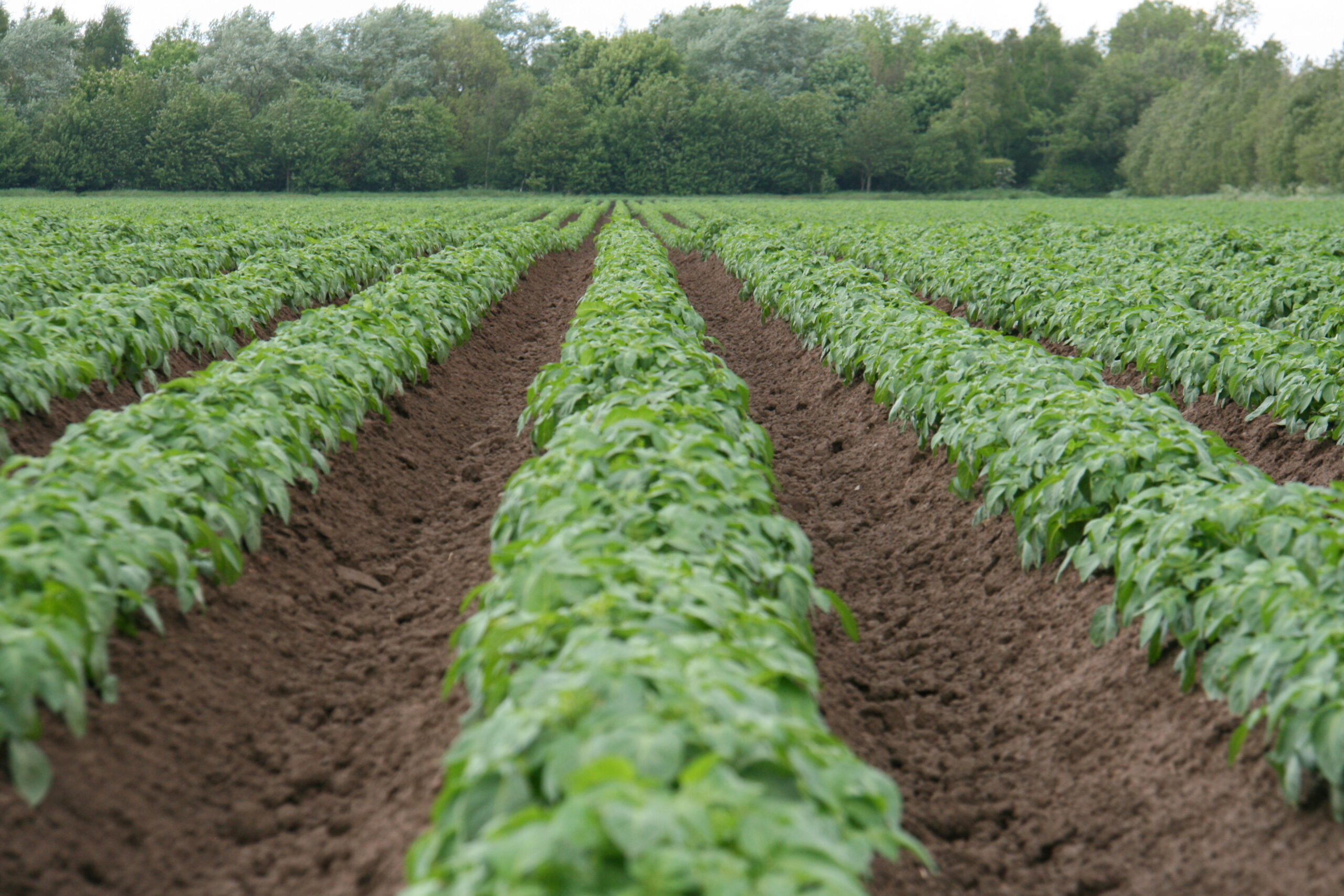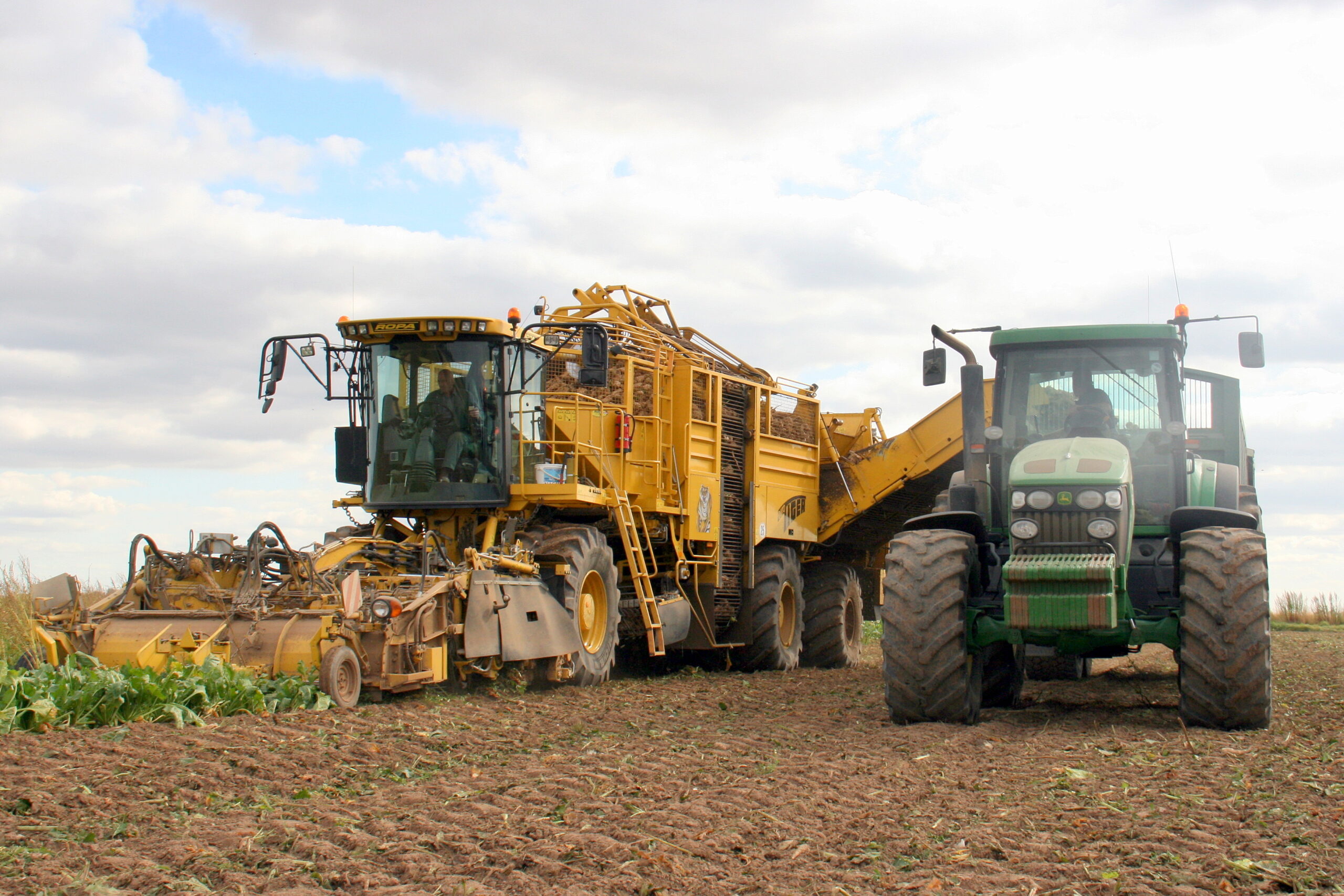The export surplus in the EU has risen slightly over last year; quantity is not a problem. However, with an ever-increasing Russian harvest estimate, the ‘local’ competition is high and pricing it to sell means sharp discounts to the internal wheat price. Consequently, exports from the EU have had a very slow start this year. It will eventually be exported or consumed internally, but to do either of those, prices will have to fall. Russian feed wheat is $10 per tonne lower shipped into Egypt and that is why the Egyptians bought a considerable consignment from Russia this month. Ports on the northern coast of the Black Sea, where much Russian grain is shipped from each year freeze over in cold winters, effectively locking their grain away until spring. This would give the EU a winter opportunity to play ‘catch-up’.
The UK grain harvest is nearing completion, with only small parcels left in the northern parts of Scotland. The quality of the wheat harvest was not great compared with recent years, but with twice as much Group 1 milling wheat grown compared with only 4 years ago, there will be ample domestic milling wheat available. Nevertheless, the UK will import more wheat then it exports for the third consecutive year, making the UK a net importer for five out of the last seven years. Previous to that, imports exceeded exports for only one year in the previous twenty. The change is down to higher UK consumption, rather than significantly less wheat being grown. The shift might add a small premium to domestic wheat prices, although we should never lose sight of the fact that the marginal tonne (imported or exported) has the greatest impact on the value of the crop.
The crops still remaining to be harvested in northern Scotland are largely barley being grown for malting. However, as it stands in the field, being rained on, its quality is starting to fade and chances of it ending up in the feed bin rise. Normally at this time of year, the last few fields are being collected but reports suggest that in some areas, in excess of 20% remains unharvested.
Oilseed rape prices are under continued pressure this month, as Canadian and European oilseed rape crop estimates come in higher than expected. However, unsuitable weather in South America is hampering the drilling of the forthcoming soybean crop.
Beans tend to be amongst the last combinable crops to be gathered. The rain in recent weeks, especially further north, has increased the risks of damaged quality, staining and bruchid beetle. The Beetle was a problem even for early harvested beans this year, and so careful testing is critical before selling to higher-risk premium markets. Many crops will be destined for feed rather than human consumption this year. Without a premium price, the financial returns are unlikely to look good.



